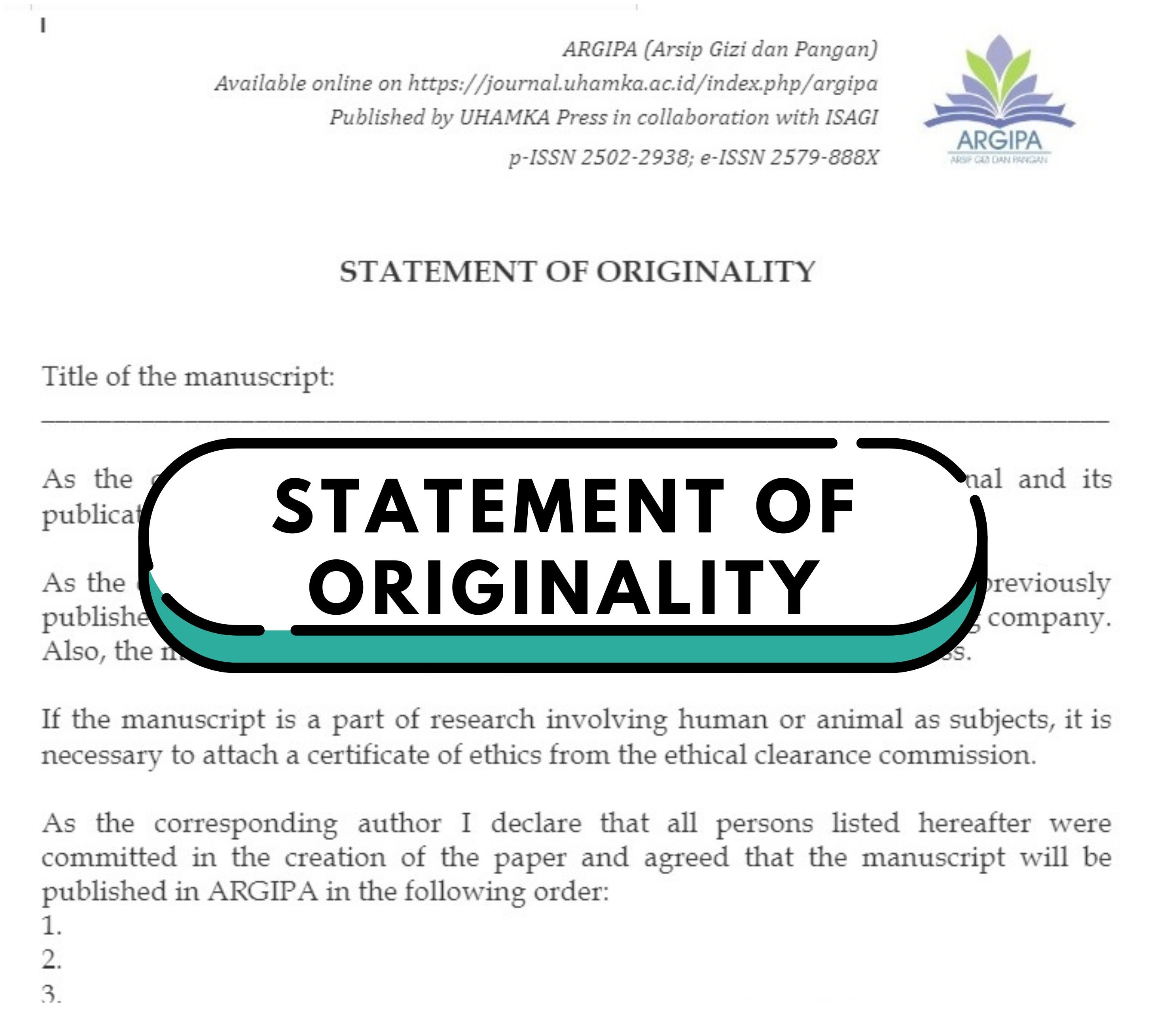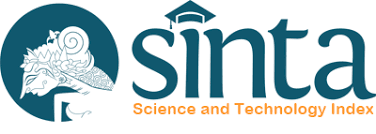The role of nutraceutical in the treatment of type II diabetes mellitus: mini review
DOI:
https://doi.org/10.22236/argipa.v7i2.9411Keywords:
Nutraceutical, Type-2 Diabetes Mellitus, bioactive compound, FoodAbstract
Diabetes mellitus Type 2 (DMT2) is a metabolic syndrome disease characterized by high blood glucose levels. DMT2 increases the risk of complications that lead to death. One of the modifiable risk factors to reduce the incidence and severity of diabetes is diet. Intake of bioactive compounds in the diet can reduce the risk of developing DMT2. There are many food ingredients, which contain bioactive components, to help maintain blood sugar levels such as bitter melon, fenugreek, ginseng, cinnamon, and saffron. This review was conducted with the aim of providing an overview of the various bioactive components in foodstuffs and their mechanism of action in the management of DMT2. This review was conducted by analyzing various journal databases such as Pubmed and scholar with the keywords nutraceutical and DMT2. Based on the reviews that have been carried out, it was found that several types of food such as bitter melon, ginseng, cinnamon, fenugreek, and saffron have benefits in reducing the risk of developing DMT2 by maintaining blood sugar levels.
Downloads
References
Akilen, R., Tsiami, A., Devendra, D., & Robinson, N. (2012). Cinnamon in glycaemic control: Systematic review and meta-analysis. Clinical Nutrition, 31(5), 609–615. doi:10.1016/j.clnu.2012.04.003
Avalos-Soriano, A., De la Cruz-Cordero, R., Rosado, J. L., & Garcia-Gasca, T. (2016). 4- Hydroxyisoleucine from fenugreek (Trigonella foenum-graecum): effects on insulin resistance associated with obesity. Molecules, 21(11), 1596
Bai, L.; Gao, J.; Wei, F.; Zhao, J.; Wang, D.; Wei, J. Therapeutic Potential of Ginsenosides as an Adjuvant Treatment for Diabetes. Front. Pharm. 2018, 9, 423.
Bandara, T., Uluwaduge, I., & Jansz, E. R. (2012). Bioactivity of cinnamon with special emphasis on diabetes mellitus: a review. International journal of food sciences and nutrition, 63(3), 380-386
Chen W, Balan P, Popovich DG. Review of Ginseng Anti-Diabetic Studies. Molecules. 2019 Dec 9;24(24):4501.
Galicia-Garcia, Unai, Asier Benito-Vicente, Shifa Jebari, Asier Larrea-Sebal, Haziq Siddiqi, Kepa B. Uribe, Helena Ostolaza, and César Martín. 2020. "Pathophysiology of Type 2 Diabetes Mellitus" International Journal of Molecular Sciences 21, no. 17: 6275. https://doi.org/10.3390/ijms21176275
Kim, J.H.; Pan, J.H.; Cho, H.T.; Kim, Y.J. (2016). Black Ginseng Extract Counteracts Streptozotocin-Induced Diabetes in Mice. PLoS ONE, 11, e0146843
Kemenkes, RI. (2020). Pusat Data dan Informasi Kementrian Kesehatan RI, P2PTM Kemenkes RI. Diakses pada https://pusdatin.kemkes.go.id/resources/download/pusdatin/infodatin/Infodatin-2020-Diabetes-Melitus.pdf
Lee, H.M.; Lee, O.H.; Kim, K.J.; Lee, B.Y. Ginsenoside Rg1 promotes glucose uptake through activated AMPK pathway in insulin-resistant muscle cells. Phytother. Res. 2012, 26, 1017–1022
Mahan & Raymond. 2017. Krause's Food and Nutrition Care Process 14th Edition
Riset Kesehatan Dasar (Riskesdas) (2018). Badan Penelitian dan Pengembangan Kesehatan Kementerian RI tahun 2018. Diakses pada http://www.depkes.go.id/resources/download/infoterkini/materi_rakorpop_2018/Hasil%20Riskesdas%202018.pdf
Shtriker, M. G., Hahn, M., Taieb, E., Nyska, A., Moallem, U., Tirosh, O., & Madar, Z. (2018). Fenugreek galactomannan and citrus pectin improve several parameters associated with glucose metabolism and modulate gut microbiota in mice. Nutrition, 46, 134-142.
Soelistijo SA, Lindarto D, Decroli E, Permana H, Sucipto KW, Kusnadi Y,et al. Pedoman pengelolaan dan pencegahan diabetes melitus tipe 2 dewasa di Indonesia 2019. Perkumpulan Endokrinologi Indonesia. 2019;1–117.
Srinivasa, U. M., & Naidu, M. M. (2021). Fenugreek (Trigonella foenum-graecum L.) seed: promising source of nutraceutical. Studies in Natural Products Chemistry, 71, 141-184.
Syed, Q. A., Rashid, Z., Ahmad, M. H., Shukat, R., Ishaq, A., Muhammad, N., & Rahman, H. U. U. (2020). Nutritional and therapeutic properties of fenugreek (Trigonella foenumgraecum): A review. International Journal of Food Properties, 23(1), 1777-1791.
Yaribeygi, H., Zare, V., Butler, A. E., Barreto, G. E., & Sahebkar, A. (2018). Antidiabetic potential of saffron and its active constituents. Journal of Cellular Physiology.doi:10.1002/jcp.27843.
Yoon, J.W.; Kang, S.M.; Vassy, J.L.; Shin, H.; Lee, Y.H.; Ahn, H.Y.; Choi, S.H.; Park, K.S.; Jang, H.C.; Lim, S.(2012).Efficacy and safety of ginsam, a vinegar extract from Panax ginseng, in type 2 diabetic patients: Results of a double-blind, placebo-controlled study. J. Diabetes Investig.2, 3, 309–317
Zhou, C., Qin, Y., Chen, R., Gao, F., Zhang, J., & Lu, F. (2020). Fenugreek attenuates obesityinduced inflammation and improves insulin resistance through downregulation of iRhom2/TACE. Life Sciences, 258, 118222.

















